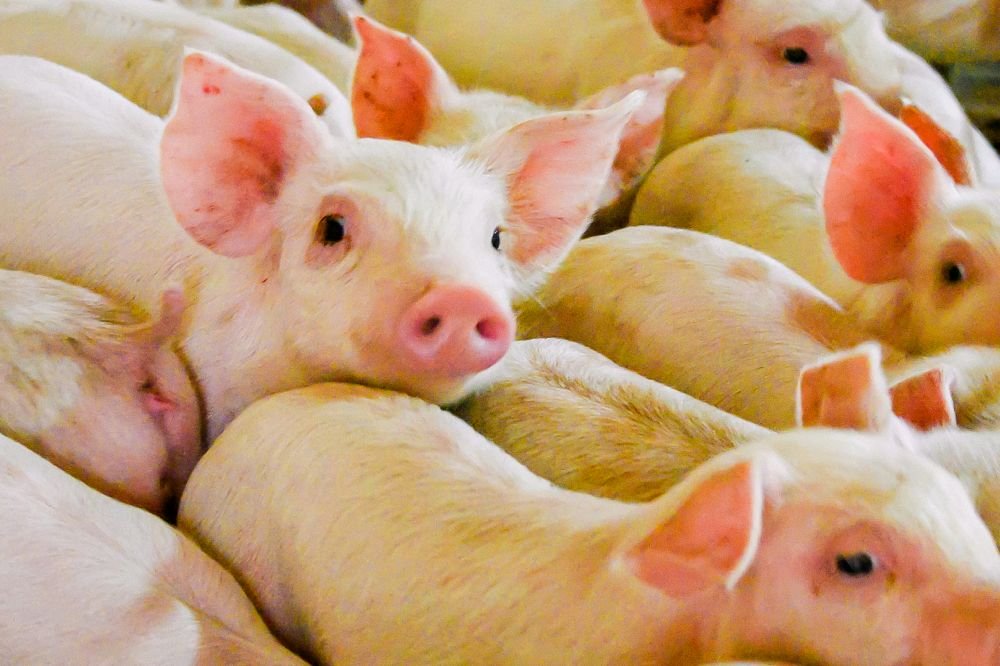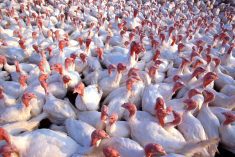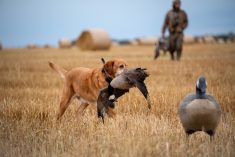A weanling operation in Quebec’s Monteregie is home to the province’s first new case of porcine epidemic diarrhea (PED) in almost four years.
The provincial agriculture ministry confirmed the new case Friday, marking Quebec’s first since May 2015 and its 17th since the disease first appeared in the province in February 2014.
The Monteregie, the region of southwestern Quebec on the south shore of the St. Lawrence River, has been home to all but two of Quebec’s PED cases.
Le Bulletin des agriculteurs reported Tuesday that the hog operation, with about 3,700 weanling pigs, is in the St-Damase area just south of St-Hyacinthe and has been quarantined.
Read Also

U.S. livestock: Cattle strength continues
Cattle futures on the Chicago Mercantile Exchange were stronger on Friday, hitting fresh highs to end the week.
The weanlings at the farm all came from the same farrowing operation, Le Bulletin said, noting no clinical signs of the disease had been seen at the farrowing site but tests were underway to confirm its PED status.
Caused by a coronavirus, PED leads to severe diarrhea, vomiting and dehydration in affected pigs and can infect up to 100 per cent of a previously unexposed herd, with mortality rates of up to 100 per cent in very young suckling piglets.
According to Quebec’s provincial swine health team (EQSP), the disease presents in weanlings and growing hogs as widespread diarrhea, vomiting and loss of appetite, with mortality rates of one to five per cent in infected groups. In fully-grown adult hogs, mortality rates run below one per cent.
PED is known to be infectious only to swine and is not considered a food safety or human health risk.
Quebec’s ag ministry, on its website, urged producers to immediately contact their veterinarians if clinical signs of PED appear among hogs in their barns, and also to call the EQSP at 1-866-218-3042.
Elsewhere in Canada, Ontario has seen 124 on-farm PED outbreaks since 2014, including seven since the beginning of 2019; its three most recent cases were confirmed Feb. 20.
Manitoba, which has had 108 such cases since 2014, has confirmed two so far in 2019, the most recent on March 7.
Alberta has confirmed just four such outbreaks in its hog herd, all in the last three months. Prince Edward Island reported one outbreak in 2015.
Saskatchewan has turned up environmental samples of the PED virus, but no cases in hogs to date.
Following the appearance of PED in Alberta, Saskatchewan’s ag ministry reiterated it’s important to treat all commingling sites, such as assembly yards and packing plants, as potentially contaminated with PED; all transports should be “thoroughly cleaned and disinfected” before returning to the farm.
“If you have not reviewed your biosecurity protocols with your veterinarian lately, now is the time to do it,” the Saskatchewan ministry said. –– Glacier FarmMedia Network




















